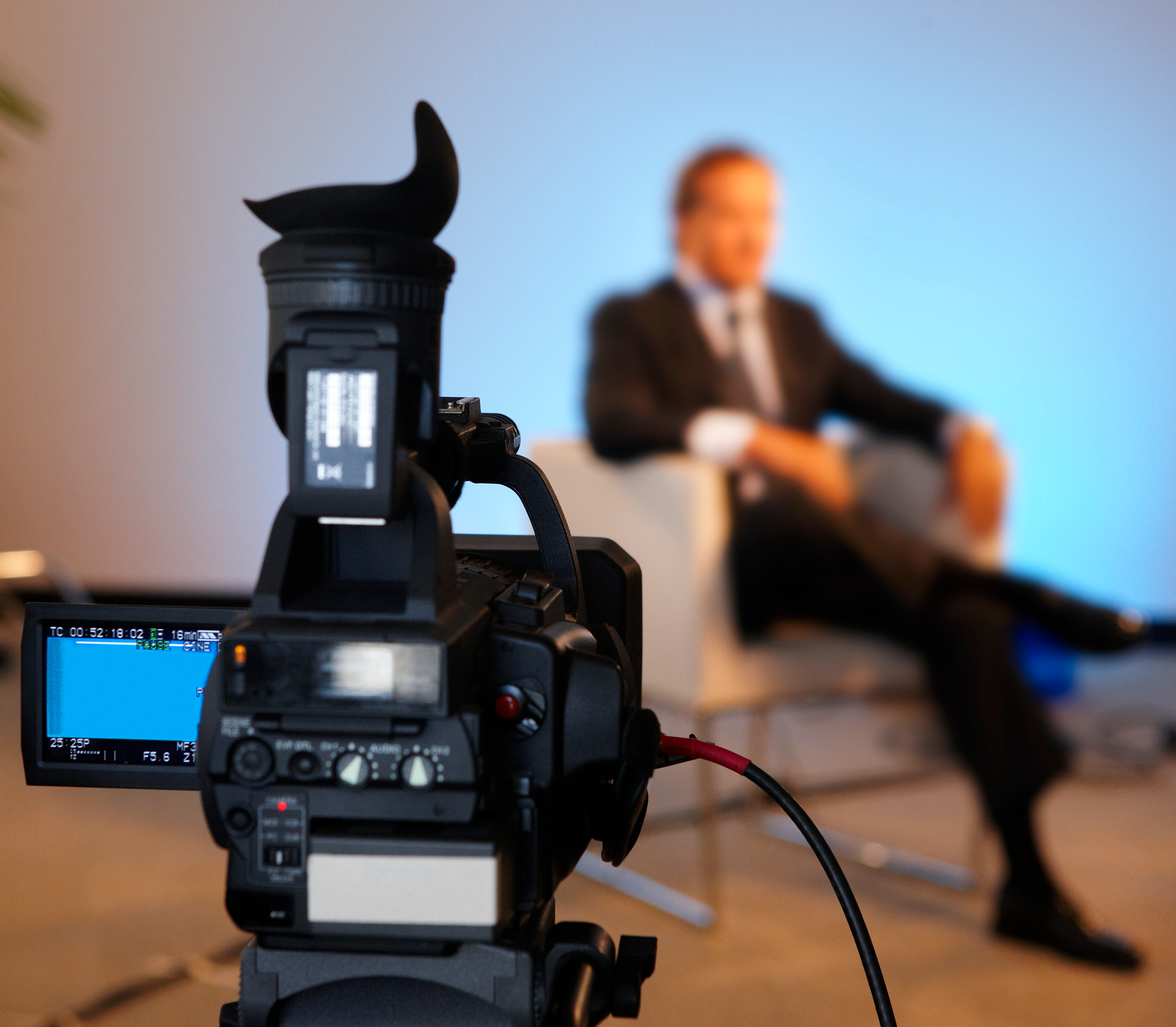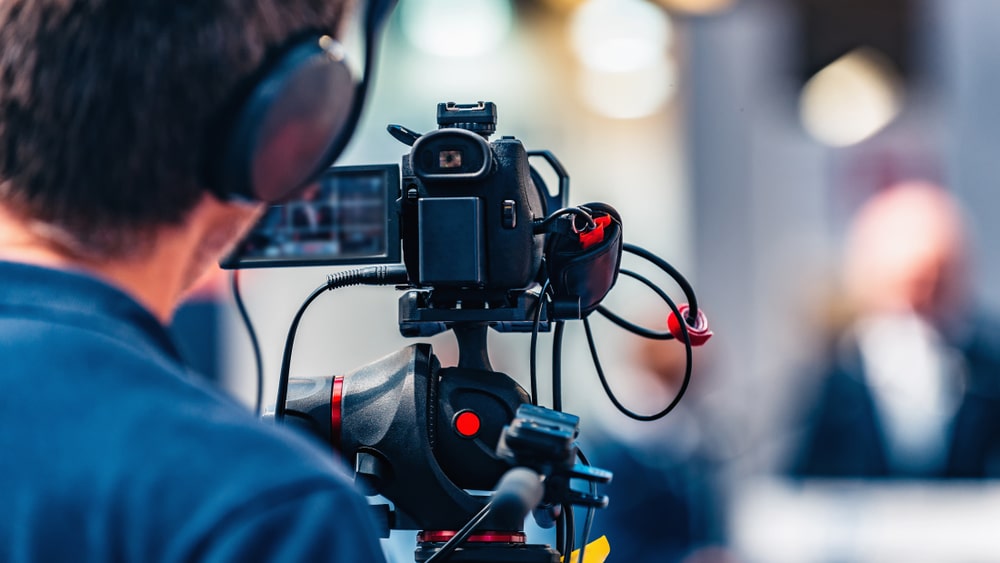The Value of Lawful Video Clip Depositions in Modern Legal Solutions: What You Should Know
Legal video clip depositions have ended up being vital in today's legal landscape. They provide a multidimensional sight of witness testaments that traditional records just can not match. By capturing both verbal and non-verbal interaction, these depositions enhance the overall understanding of a witness's reputation. The performance of video depositions hinges on numerous factors, including conformity with lawful criteria and best methods. Discovering these components reveals their true relevance in modern-day lawful solutions
What Are Lawful Video Clip Depositions?
Legal video depositions work as a crucial tool in the litigation process. They entail taping witness testaments in a video style, catching both non-verbal and spoken interaction. This approach allows attorneys to document the demeanor, expressions, and responses of witnesses, offering a richer context for the testimony. Generally conducted in a controlled environment, these depositions are led by lawyers that ask inquiries while a court press reporter documents the dialogue. The resulting video can be important for trial preparation, as it enables lawyers to assess the reputation of witnesses and improve their methods. Furthermore, legal video clip depositions can be used in various legal contexts, varying from civil conflicts to criminal situations. The acoustic and visual components of video depositions improve the presentation of evidence, making it a vital component in the contemporary lawful landscape. In general, they add considerably to the effectiveness and effectiveness of legal proceedings.

Advantages of Video Clip Depositions Over Conventional Approaches
Video depositions use numerous benefits contrasted to traditional methods of taking witness testaments. One substantial advantage is the capability to record both audio and visual components, providing a much more detailed record of the witness's statements. This double layout enhances clarity and enables attorneys to reference particular nuances throughout trial preparation. Furthermore, video clip depositions promote remote engagement, making it easier for witnesses who may be not available for in-person looks because of geographical restraints or wellness issues.Moreover, video clip depositions can quicken the overall deposition procedure, reducing the time and costs associated with travel and logistics. They also enhance accessibility, as tape-recorded depositions can be easily shared among legal groups and referenced at any kind of time. This ease adds to far better instance administration and prep work. In general, video depositions represent a modern, reliable strategy to collecting witness statements, aligning with the evolving needs of the lawful occupation.
The Role of Body Language and Tone in Testimonies

In lawful video depositions, body movement and tone play crucial roles in sharing a witness's reputation and dependability. Nonverbal cues can give insights right into a witness's mood, affecting exactly how their testament is viewed. Recognizing the effect of these elements is necessary for attorneys and jurors alike when evaluating the integrity of a testimony.
Nonverbal Interaction Insights
While verbal communication is usually highlighted in lawful testimonies, nonverbal signs such as body language and tone play a necessary duty in conveying integrity and emotion. Onlookers of depositions might keep in mind that a witness's posture, gestures, and face expressions can greatly influence perceptions of dependability. For example, consistent eye get in touch with might signify confidence, while avoiding look might recommend deceit or pain. The tone of voice-- its volume, pitch, and speed-- can present sensations of genuineness or unpredictability. Lawyers should be attuned to these nonverbal signals, as they frequently offer vital context that complements spoken words. Understanding these nuances can boost the efficiency of depositions and influence the outcome of lawful process.
Psychological Tone Effect
The emotional tone shared throughout legal testimonies substantially influences exactly how a witness is perceived. Body movement, vocal inflections, and faces play essential duties in shaping the story of a testament. A witness exhibiting self-confidence with steady eye call and a calm tone can instill a feeling of dependability and involvement. On the other hand, signs of anxiousness, such as fidgeting or an unstable voice, may cause hesitation regarding their account. The nuances of psychological expression can influence the analysis of truths, making it essential for lawyers to acknowledge these cues. In video clip depositions, the aesthetic and auditory elements combine, highlighting the value of emotional tone in sharing sincerity and reliability within the lawful process.
Reputation and Dependability
An essential element in developing reliability and dependability throughout testaments exists in the witness's body language and intonation. Viewers frequently depend on non-verbal signs-- such as eye contact, position, and motions-- to analyze a witness's sincerity. For instance, a witness that keeps eye call and displays open body language might be regarded as even more honest and reputable than one who avoids eye get in touch with or appears blocked. Additionally, tone of voice plays an important duty; a consistent, calm tone can strengthen the integrity of the statement, while changes in pitch or volume may elevate uncertainties. Ultimately, the combination of body movement and singing tone considerably influences how a witness's declarations are obtained and translated in a lawful context.
Ideal Practices for Performing Video Depositions
Conducting video clip depositions needs cautious planning and implementation to ensure a clear and reliable presentation of testimony. It is important to choose a silent, well-lit location to reduce distractions and secure optimal video top quality. The equipment ought to be checked beforehand, consisting of video cameras, microphones, and lights, to prevent technological issues throughout the deposition.Next, parties entailed should review the style and treatments beforehand, seeing to it that everyone comprehends their duties. The deponent ought to be oriented on the procedure, consisting of exactly how to react plainly and concisely.Additionally, maintaining an expert disposition throughout the session is crucial. This includes avoiding speaking over one another and confirming that all concerns are routed suitably. Finally, it is important to videotape the deposition in a format that enables for very easy playback and review, preserving the stability of the statement for future usage.
Legal Considerations and Compliance Issues
Just how do legal considerations and compliance issues impact the effectiveness of video depositions? Lawful professionals must navigate a complicated landscape of policies, making certain that video clip depositions abide by jurisdictional guidelines and requirements. Compliance with laws concerning privacy, consent, and recording methods is essential. For example, getting specific permission from all parties involved is required to prevent lawful repercussions.Additionally, the admissibility of video evidence in court can hinge on compliance with step-by-step requirements. Making certain that the devices used satisfies technical criteria is likewise crucial, as low quality can weaken the deposition's reliability.Moreover, attorneys need to understand any specific state legislations that control video depositions, as these can vary significantly. Failing to resolve these factors to consider can not just endanger the honesty of the deposition however additionally impact the total case method, ultimately impacting the client's lawful outcomes.
Exactly How Video Clip Depositions Impact Jury Assumption
While video depositions can function as effective devices in legal procedures, their impact on court perception is considerable. The auditory and visual components of video clip recordings offer jurors with a much more comprehensive understanding of witness behavior, reliability, and psychological responses. This multimedia method can improve the jurors' capacity to assess the reliability of statement compared to standard text-based transcripts.Moreover, video clip depositions permit jurors to observe body movement, intonation, and facial expressions, all of which can impact their interpretation of the witness's statements. The presence of a witness on screen can humanize them, fostering empathy and connection, which may sway jurors' opinions. On the other hand, a witness who appears unreliable or evasive on video may lead to negative assumptions that affect a jury's decision. Ultimately, the dynamic nature of video clip depositions plays an essential duty fit exactly how jurors translate evidence and reach their verdicts.
The Future of Video Clip Depositions in Legal Technique
As innovations in modern technology continue to reshape the lawful landscape, the future of video clip depositions is poised for significant evolution. Innovations such as expert system, online reality, try this and boosted video clip conferencing tools are anticipated to enhance the deposition process and improve access. Lawful experts might use AI-driven analytics to evaluate witness reliability and instance stamina more effectively.Moreover, the assimilation of online reality might allow courts to experience immersive simulations of depositions, offering deeper context and understanding. Furthermore, the trend towards remote depositions is likely to continue, offering better flexibility for customers and lawyers alike.As remote work comes to be progressively stabilized, video depositions will likely come to be basic technique, reducing expenses and time constraints related to typical methods. On the whole, these technological improvements assure to improve the effectiveness, effectiveness, and accessibility of video depositions in legal method, inevitably changing just how attorneys get ready for trial.
Regularly Asked Questions
Just How Much Do Legal Video Clip Depositions Generally Cost?

Can Video Depositions Be Made Use Of in Any Kind Of Instance?
Video clip depositions can be used in various kinds of situations, including civil, criminal, and family members regulation. Their versatility allows lawyers to present witness testimonies properly, adapting to the specific demands of different lawful circumstances.
What Equipment Is Required for a Video Deposition?
To perform a video deposition, important tools includes a high-quality electronic camera, microphone, illumination, and a dependable recording tool. Additionally, a computer system with editing software program may be needed for post-production and formatting the final video clip.
The length of time Does a Regular Video Deposition Last?
A regular video deposition lasts between 2 to four hours, depending upon the intricacy of the case and the number of concerns posed. Prolonged sessions might take place, but breaks are normally included for participant comfort.

Are Video Clip Depositions Admissible in Court?
Video clip depositions are usually admissible in court, provided they comply with lawful criteria and read the full info here policies of proof. Their use improves clarity and preserves witness testimony, aiding in the judicial procedure throughout hearings and trials. Lawful video clip depositions have actually ended up being vital in today's legal landscape. Additionally, lawful video depositions can be utilized in numerous lawful contexts, ranging from civil disputes to criminal instances. Furthermore, video depositions facilitate remote engagement, making it less complicated for witnesses who may be inaccessible for in-person appearances due to geographical constraints or wellness issues.Moreover, video depositions can expedite the total deposition process, reducing the time and expenses associated with traveling and logistics. Making sure that the equipment utilized satisfies technological requirements is likewise important, as inadequate top quality can undermine the deposition's reliability.Moreover, attorneys should be mindful of any kind of particular state laws that control video find out depositions, as these can differ significantly. In addition, the pattern towards remote depositions is likely to continue, offering higher adaptability for attorneys and customers alike.As remote job becomes progressively stabilized, video depositions will likely end up being standard method, lowering costs and time restrictions linked with traditional techniques.